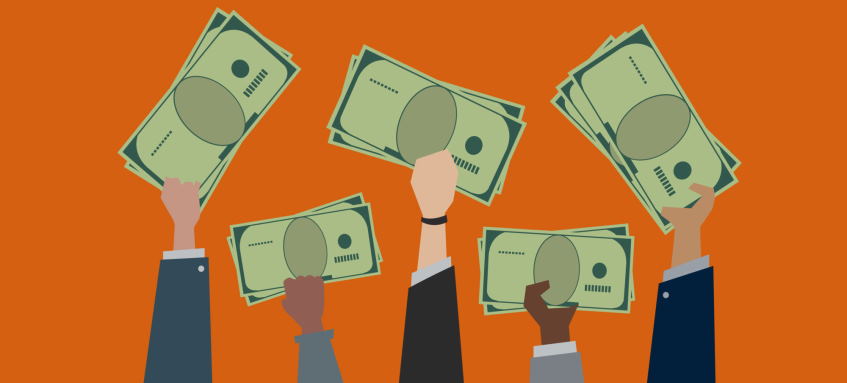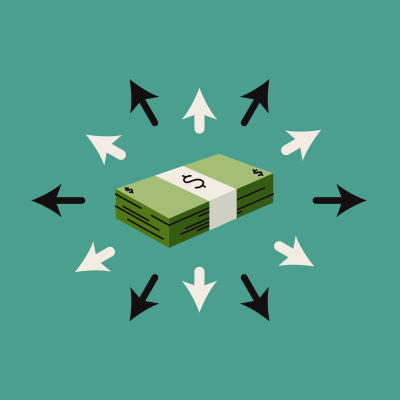Universal Basic Income (UBI) is a policy proposal that has recently gained traction. The idea is simple – every citizen would receive a fixed sum of money from the government, regardless of their income or employment status. Supporters argue that UBI would reduce poverty and inequality, while detractors claim it would be too costly and/or lead to people withdrawing from the workforce. In this blog post, we take a closer look at the macroeconomic effects of UBI.
How would universal basic income affect the economy?
There is a lot of debate surrounding the idea of a universal basic income (UBI), with proponents claiming that it could help to reduce poverty and inequality, while opponents argue that it would be too expensive and would disincentivize work.
Despite the controversy, some countries are already experimenting with UBI, and the results so far are mixed. In Finland, for example, a two-year trial found that while participants reported feeling happier and less stressed, they did not work any less than before.
In the United States, the city of Stockton is in the midst of a three-year experiment with UBI, and early results suggest that it has helped increase economic activity and reduce poverty.

The long-term effects of UBI are still unknown, but it is clear that the policy could significantly impact the macroeconomy. In particular, UBI could lead to higher levels of consumer spending and investment, which would boost economic growth.
In addition, UBI could help reduce inequality by giving everyone a minimum income level, regardless of their employment status. This would make it easier for people to afford necessities and participate in the economy.
Overall, the evidence suggests that UBI could be a positive force for the economy, but more research is needed to understand its full potential impacts.
The disadvantages of universal basic income: why it might not work
There are a few potential disadvantages of implementing universal basic income, which includes:
 Increased Inequality: One criticism of universal basic income is that it could end up increasing inequality, as those who are already wealthy would be able to receive the same benefit as those who are struggling to make ends meet.
Increased Inequality: One criticism of universal basic income is that it could end up increasing inequality, as those who are already wealthy would be able to receive the same benefit as those who are struggling to make ends meet.- Dependence on the Government: Another concern is that universal basic income could lead to people becoming overly dependent on the government, which could create a sense of entitlement and reduce motivation to find employment.
- High Cost: One of the biggest challenges with universal basic income is its high cost, which would likely require significant tax increases to fund it. This could be a difficult sell for many taxpayers, especially those who are already struggling to make ends meet.
- Incentives to Work: One of the key goals of universal basic income is to provide a safety net for unemployed or underemployed people. However, some worry that this could reduce incentives for people to find employment, as they would no longer need to work to survive.
- Implementation Challenges: There are also a number of challenges that would need to be addressed to successfully implement universal basic income, such as how to distribute the benefits fairly and how to avoid abuse by those who may try to game the system.
Despite these potential disadvantages, many believe that universal basic income could be a powerful tool for combating poverty and inequality. What do you think?



 Increased Inequality: One criticism of universal basic income is that it could end up increasing inequality, as those who are already wealthy would be able to receive the same benefit as those who are struggling to make ends meet.
Increased Inequality: One criticism of universal basic income is that it could end up increasing inequality, as those who are already wealthy would be able to receive the same benefit as those who are struggling to make ends meet.


 I am an economist and nature lover. By day, I serve as director of economic policy initiatives & institute fellow at the Finance Institute. By night, I muse about economics, finance, nature, and life here at makewallstreetpay.org. I also advise and invest in start-up companies.
I am an economist and nature lover. By day, I serve as director of economic policy initiatives & institute fellow at the Finance Institute. By night, I muse about economics, finance, nature, and life here at makewallstreetpay.org. I also advise and invest in start-up companies.


























